Historians, scientists, and dreamers have been fascinated by The Lost City of Atlantis for over 2,000 years. Plato, a Greek philosopher, was the first to talk about Atlantis. He described it as a rich and powerful island nation. Then, it mysteriously vanished into the sea in just one day and night. Plato called it a warning to future civilizations a tale of pride, power, and a sudden fall. But was it simply a philosophical allegory, or was Plato hinting at a real lost world?
Some researchers believe Atlantis was inspired by real disasters from the past. The eruption of Thera in Santorini and a vast tsunami likely impacted the stories of early coastal cultures. Some say the story hints at a highly advanced civilization. Its technology was way ahead of its time. Some current conspiracy theories say that nuclear energy or ancient tech led to its decline. These ideas may seem strange, but they ask important questions.
Could The Lost City of Atlantis have been a real place, perhaps hidden beneath the ocean or buried under centuries of earth? Was it always a myth? It may have been made to warn us about the dangers of greed and pride. The tale of Atlantis, real or not, inspires books, movies, and scientific debates. In this article, we’ll examine the ancient sources, modern theories, and intriguing ideas surrounding the legend of Atlantis. Buckle up—this mystery runs deeper than you think.
The Legend of Atlantis
Plato, a Greek philosopher, opens the Atlantean tale. He wrote about it around 360 BCE in Timaeus and Critias. He described Atlantis as a large, prosperous island nation. It was beyond the “Pillars of Hercules,” which we now call the Strait of Gibraltar. Plato said that Atlantis was larger than Libya and Asia combined. It had amazing cities, advanced technology, and a strong navy. The civilization was organized, rich in resources, and had a significant impact worldwide.
Plato also warned that despite its success, Atlantis became corrupt and greedy. People lost their way, choosing wealth and power instead of virtue. The myth says this made the gods angry. They decided to punish Atlantis for being arrogant. Earthquakes and floods hit the island for a day and a night. They sank it under the ocean. When the narrative ends, Atlantis permanently vanishes. It warns us about the risks of pride and moral decline.
For centuries, people have debated the existence of Atlantis. Was it a real place or just a fictional story? Some think Plato created the story to show his political and ethical ideas. Some believe he drew inspiration from an actual ancient disaster. The volcanic eruption that wiped out Santorini, for instance. Although proof of Atlantis remains elusive, its legend continues to fascinate many. This sparks theories concerning lost information and highly developed Ancient Civilizations.
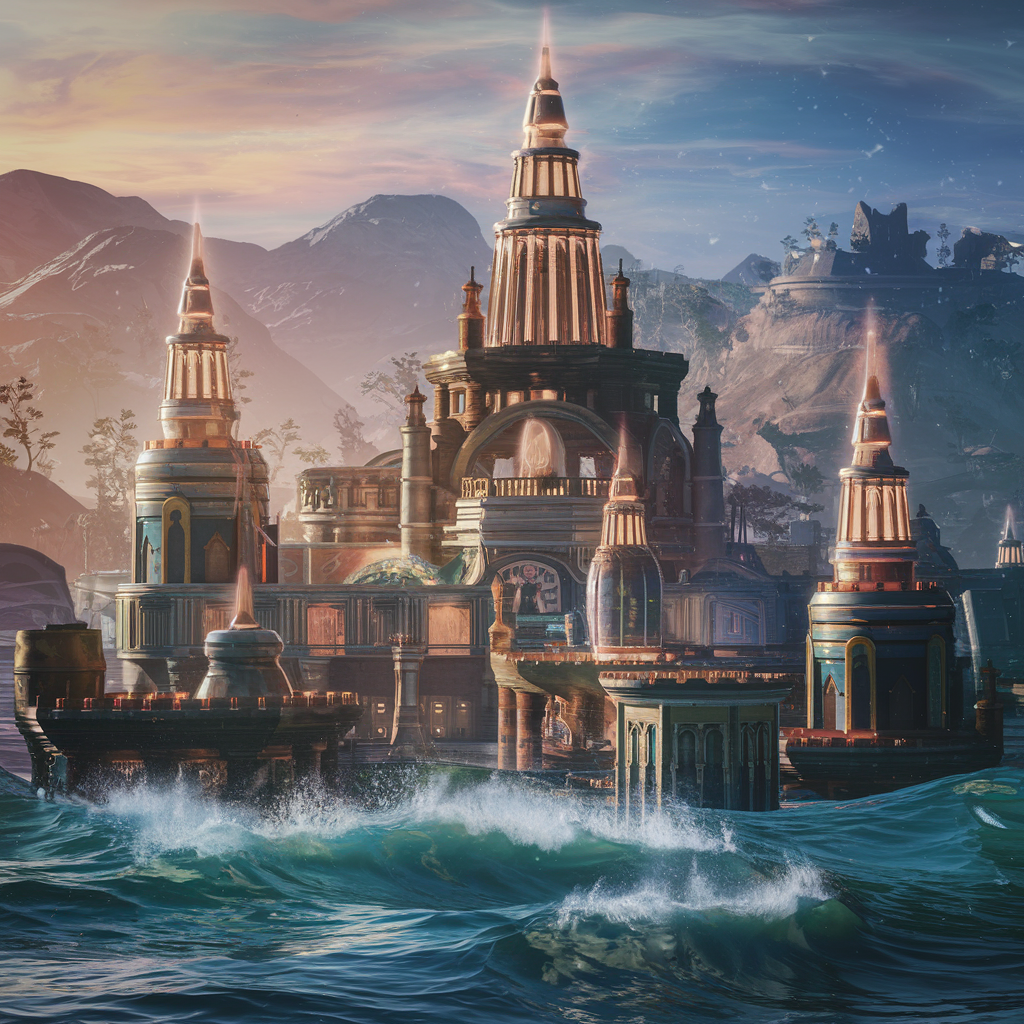
Was Atlantis Real?
Plato firmly claimed that The Lost City of Atlantis was a real place, describing it with vivid detail. Yet, to this day, no concrete evidence has ever been discovered to prove its existence. Many historians and archaeologists think that Plato’s story might be more symbolic than factual. This belief comes from the lack of proof. This view suggests that Atlantis serves as a warning. It shows the dangers of hubris, or excessive pride. The story illustrates how a society can collapse if it prioritizes power and wealth excessively.
Over the years, numerous researchers and fans have proposed various locations for the lost city of Atlantis. Some suggest it might have been located in the Mediterranean Sea, near Greece or Crete. Some claim that the Caribbean, including the Bahamas, could have ancient ruins hidden under the sea. One of the more far-fetched theories even claims Atlantis could be buried under the ice of Antarctica. None of these ideas has been backed by strong archaeological evidence.
Atlantis remains one of history’s greatest mysteries. There’s no clear proof for any theory about it. It continues to spark debates, documentaries, and exploration efforts. The story of Atlantis lives on. It may have been a great civilization or just a myth meant to share a lesson. Its story sparks the imagination of scientists, historians, and storytellers. What if Atlantis was real? It is a question they continue to ask.
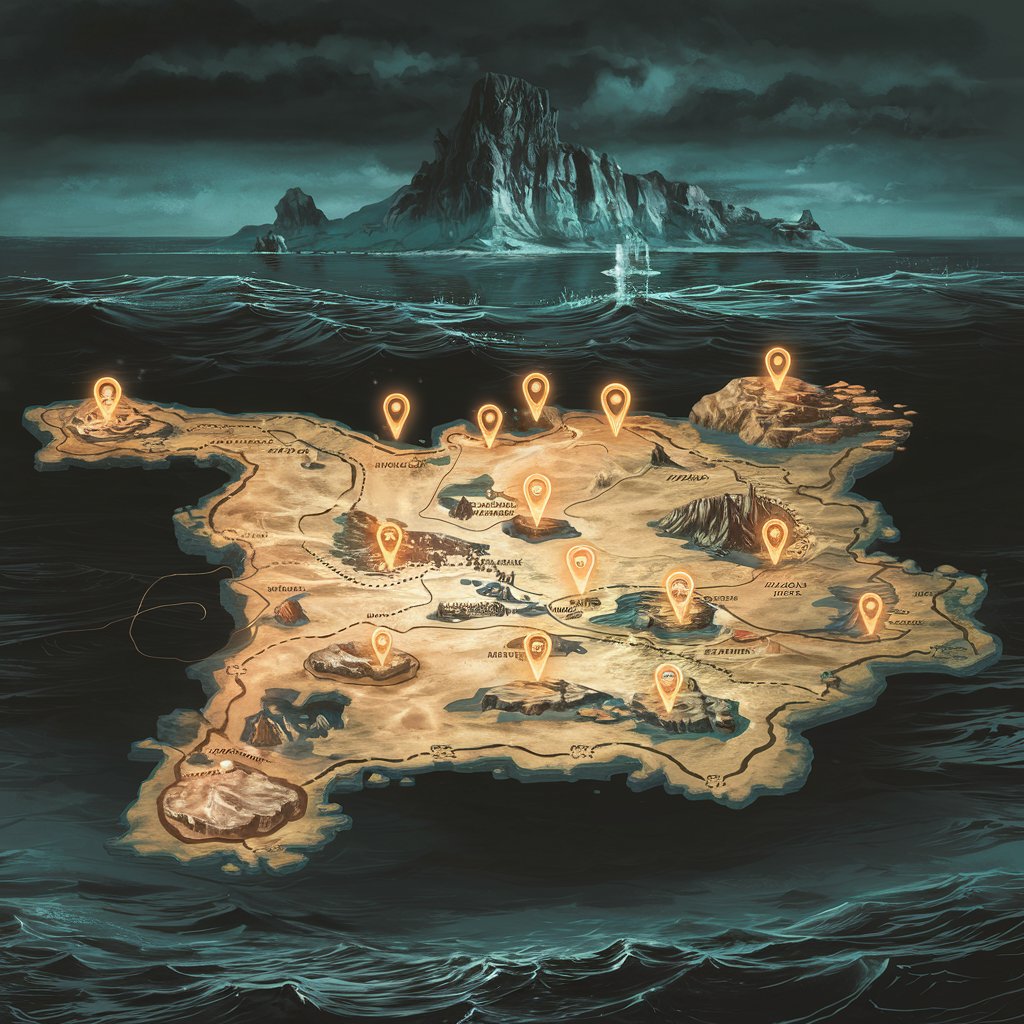
The Nuclear Meltdown Theory
A fascinating and controversial theory about The Lost City of Atlantis is that it was destroyed by a nuclear-like event. There was more to the Atlantean civilization than just wealth. They likely had very advanced technology and weapons of mass destruction. Backers of this theory cite ancient texts and odd archaeological finds. These suggest that powerful energy sources were used thousands of years ago.
A significant piece of evidence supporting this theory is the ancient city of Mohenjo-Daro in present-day Pakistan. Archaeologists found skeletons in the town. They seem to have been exposed to sudden, intense heat. Some areas of the site show vitrification. This is the process of melting and fusing stone and sand. It suggests that extreme temperatures occurred. Some people think a nuclear-like explosion might have happened there due to these strange conditions. Could a similar event have caused the sudden disappearance of Atlantis?
If The Lost City of Atlantis had advanced technology, it’s possible its creations destroyed it. Mainstream science does not support the idea that Atlantis had a nuclear meltdown. Still, it’s an interesting part of alternative history. This theory, whether seen as symbolic or literal, asks key questions. It prompts us to reflect on technology, human pride, and the extent to which a civilization can evolve. What happens when it risks its destruction?
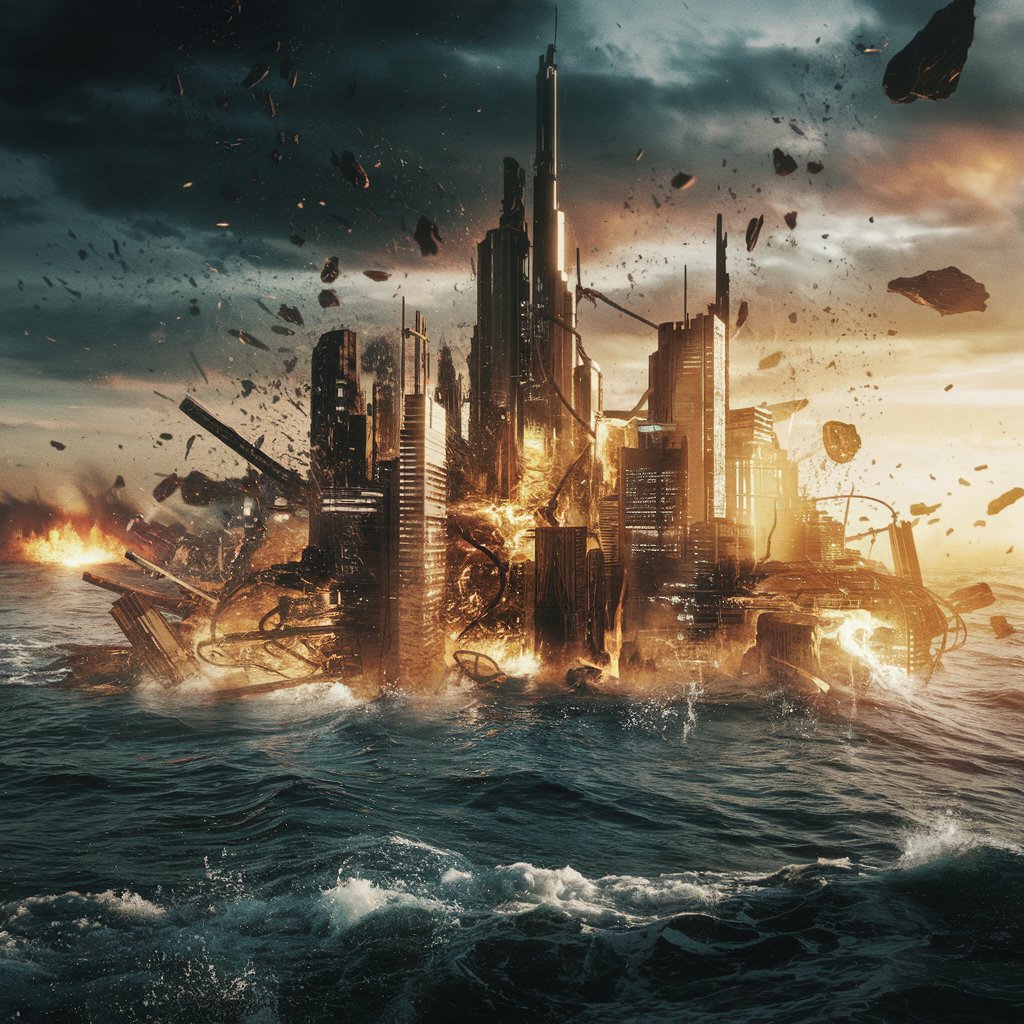
Natural Disasters: A More Likely Explanation?
Most scientists think a natural disaster likely caused the fall of Atlantis, if it existed. Some researchers find the nuclear meltdown theory interesting. Throughout history, powerful earthquakes, massive tsunamis, and violent volcanic eruptions have wiped out entire civilizations. These natural events can happen suddenly. They have the power to bury towns beneath the water and alter coastlines. Plato’s tale of Atlantis, which disappeared in a single day and night, is comparable to this.
Many believe that the myth of The Lost City of Atlantis is connected to the ancient Minoan civilization. On Crete and the neighboring island of Santorini, this civilization flourished. Around 1600 BCE, a massive volcanic eruption on Thera, now known as Santorini, triggered deadly tsunamis and earthquakes in the surrounding area. This natural disaster hurt Minoan society. It probably sped up its decline. The scale and speed of the destruction align with many details in Plato’s account.
Could the Minoans have inspired the legend of Atlantis? It’s entirely possible. Their innovative design, writing system, and strong navy made them one of the best civilizations of their time. The idea that Plato may have based his story on the real events surrounding the Minoan downfall is compelling. However, without clear proof, Atlantis remains one of history’s greatest mysteries. It’s caught between myth and reality.
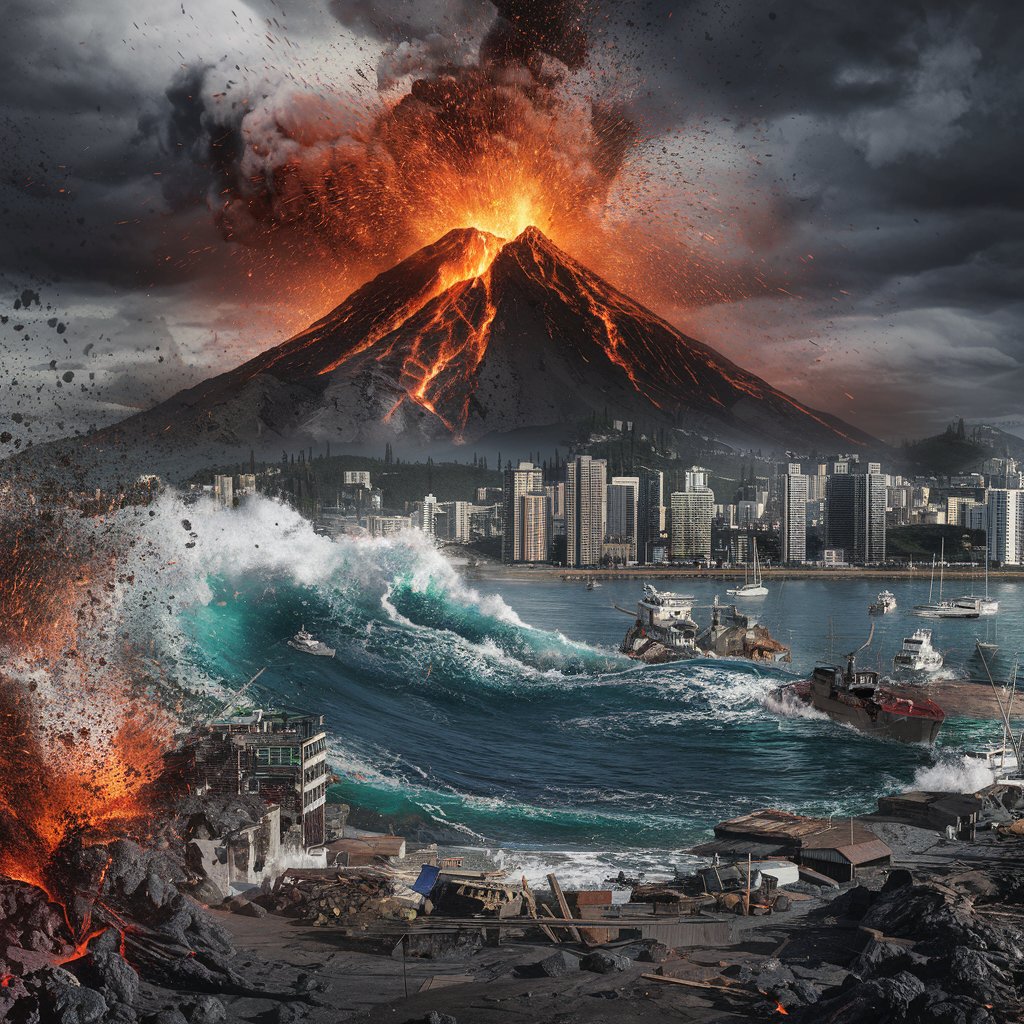
Why Does Atlantis Fascinate Us?
The Lost City of Atlantis has always intrigued people. It symbolizes a lost world, an advanced civilization that disappeared without a trace. Plato stated that the Atlanteans were wealthy and constructed impressive structures. They also had advanced technology. Sadly, all this was lost in a single devastating disaster. This dramatic fall from greatness plays on our fears. It makes us wonder what might happen to our civilization if we misuse power or let pride control us.
Atlantis isn’t just a myth. It raises questions about ancient history and our understanding of the past. Could highly developed societies have existed before the beginning of recorded history? Some believe Atlantis may have been a real place, hidden under the sea or disguised as another lost culture. Others view it as a cautionary tale, intended to illustrate the dangers of greed and arrogance. It prompts us to consider how much we don’t know about Earth’s past.
Atlantis is a popular topic in culture. You can find it in books, sci-fi, movies, and documentaries. Writers like Jules Verne and filmmakers like Disney have used it for grand adventures and profound questions. The legend fuels our desire to explore, discover, and dream. Atlantis captivates our imagination, whether we view it as a myth, a metaphor, or a possibility. This allure might be its most significant legacy.
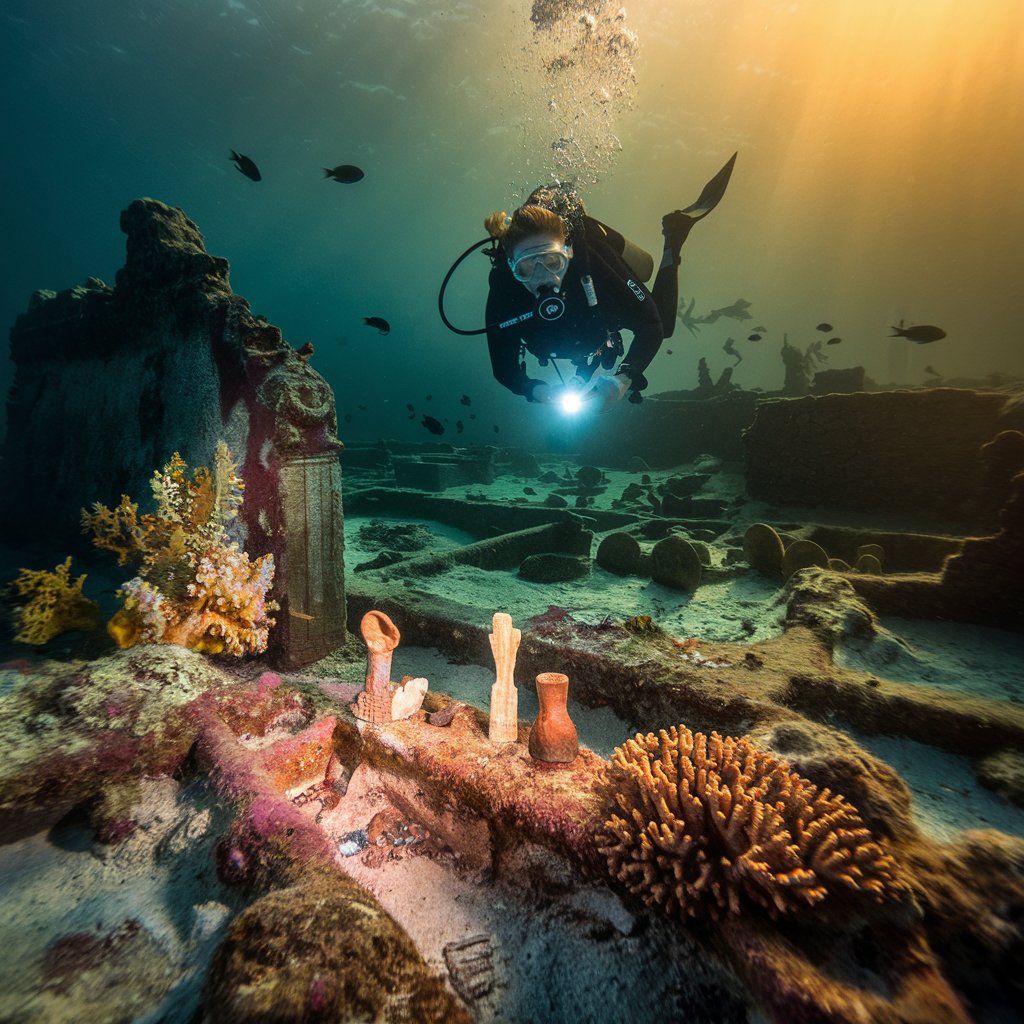
Fun Facts About The Lost City of Atlantis
- Plato’s account of Atlantis is the only known written record from ancient times.
- Some believe Atlantis was an alien colony or had access to alien technology.
- The Bermuda Triangle is sometimes linked to Atlantis, with theories suggesting it’s the location of the lost city.
- Atlantis has been featured in over 50 movies and TV shows

The Mystery Lives On
One of the most fascinating riddles in history is still the truth of Atlantis. Was it a real island nation lost to a massive natural disaster, such as a tsunami or volcanic eruption? Or could it have been the victim of some ancient, advanced technology—perhaps even a nuclear meltdown? After centuries of research, no conclusive evidence has been found to confirm the location of Atlantis. This keeps the debate ongoing. Experts, such as historians, archaeologists, and scientists, explore ancient ruins and stories. The mystery still exists, but they are hoping to uncover hints.
According to others, Plato never intended for his tale of Atlantis to be understood literally. It might be a potent allegory. It warns about the dangers of arrogance, greed, and the fall of civilizations that lose their moral direction. The story of Atlantis may not be about a lost city at all, but rather a reflection of human nature and the cycles of history. That’s part of what makes it so timeless. It allows people to interpret its meaning in many different ways.
Atlantis, real or not, sparks wonder, creativity, and curiosity. The legend of Atlantis appears in novels, films, theories, and documentaries. It invites us to push the boundaries of knowledge and imagination. It pushes us to ask bold questions about our past and what secrets the Earth may still be hiding beneath its oceans. So, what do you believe? Was Atlantis a lost reality, or the greatest myth ever told? Let your imagination sail beyond the horizon and decide for yourself.
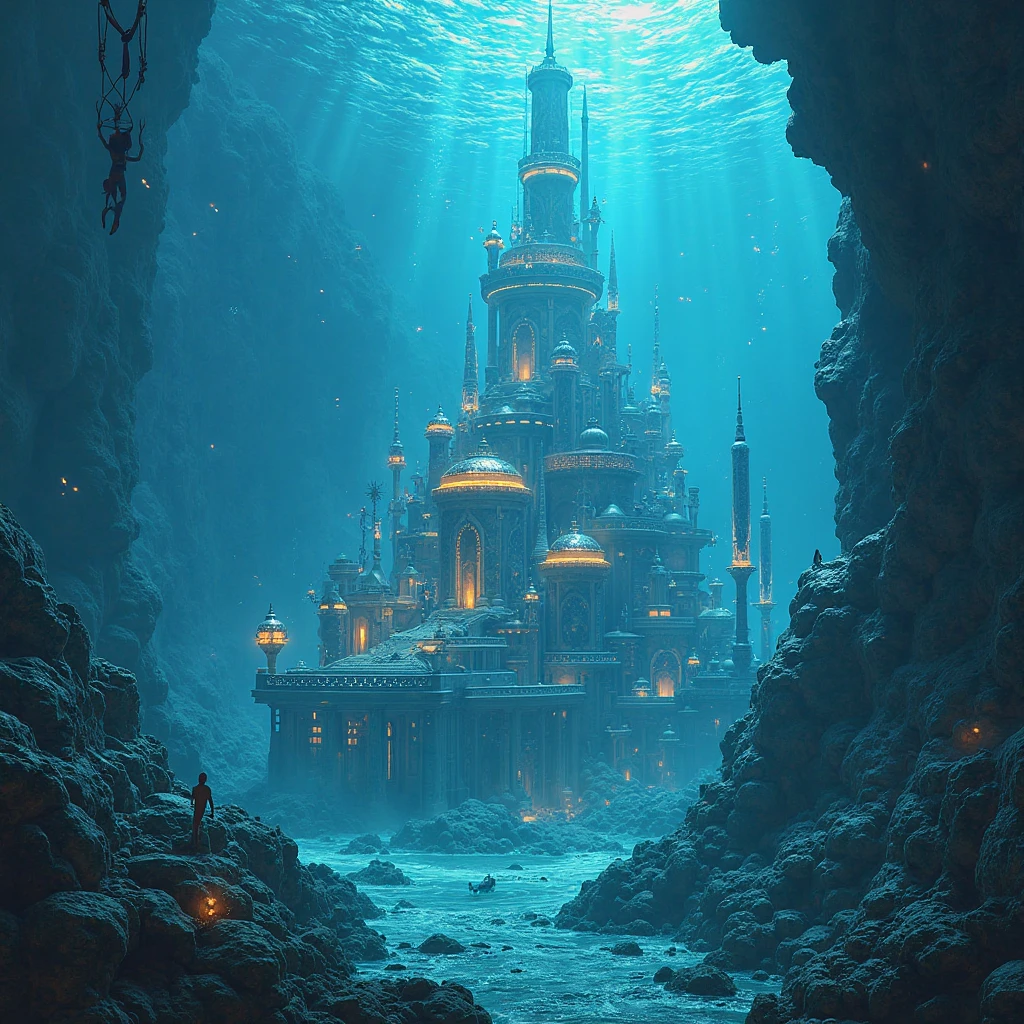
Final Note
The legend of Atlantis continues to spark curiosity, debate, and imagination worldwide. The mystery stays. Was it a genuine lost civilization that was about to collapse? Or was it just a metaphor from Plato? Atlantis is a big mystery in history. It links theories of nuclear destruction and the Minoans.
Maybe that’s why Atlantis is so mighty. It displays our aspirations, anxieties, and interests in the future. In our search for answers, we learn more about ourselves and our past. We also find a need to believe in something beyond proof. Atlantis may be lost, but its story lives on.


